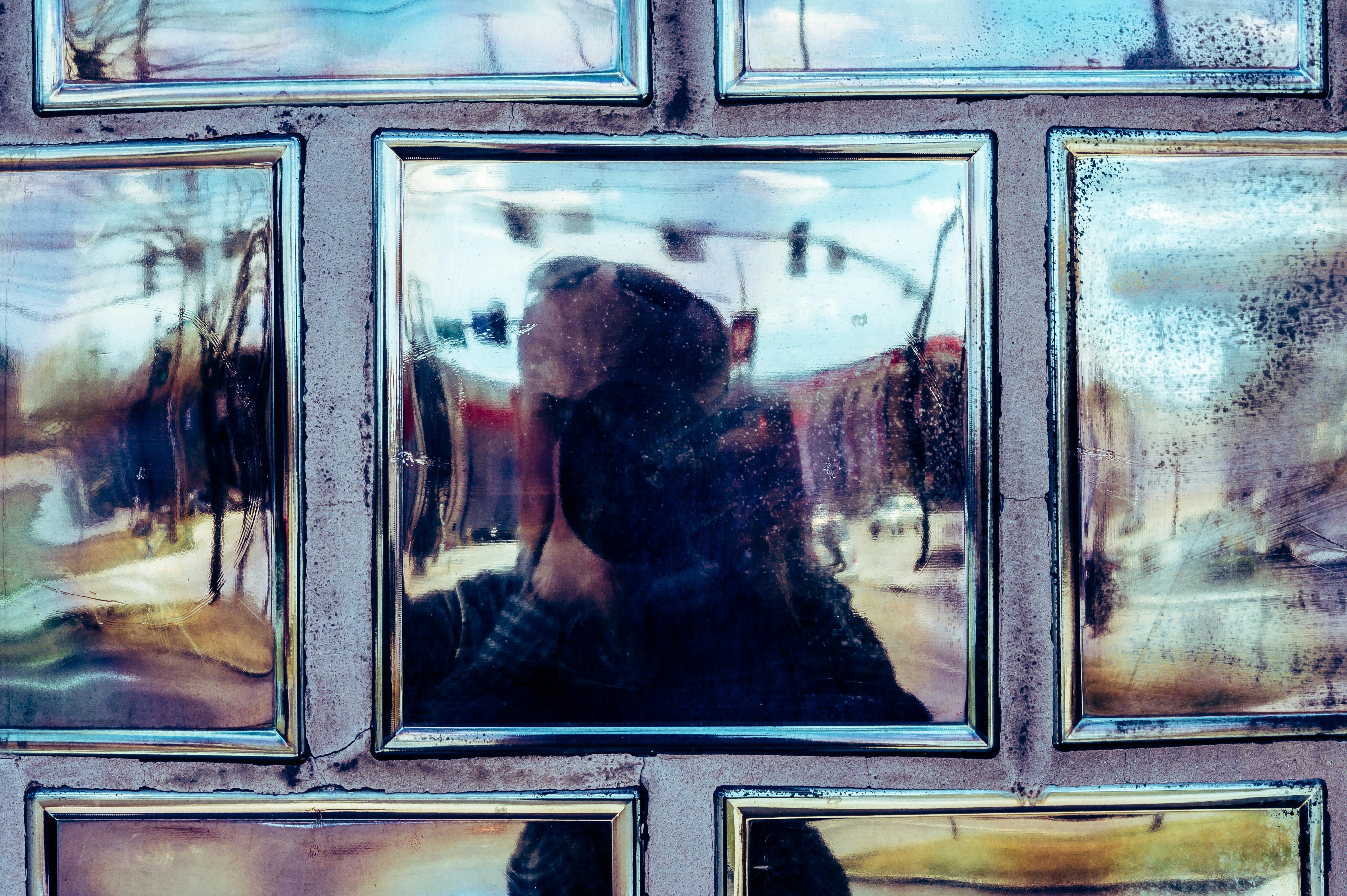
karaoke history
Do you always keep a song in your heart, is it like karaoke for the voices in your head?
-Robert Fulton Abernethy
Music has been part of the development of all cultures in the world. The people had few forms of entertainment, and singing and dancing were the greatest among them.
Karaoke emerged in Japan in the early 1970s when popular nightclub artist Daisuke Inoue was asked by a group of businessmen to make recordings of their songs for their entertainment. Since what they were really interested in was singing, these businessmen also asked him to remove the singing from the songs and then show the lyrics. With some insight, Inoue realized that this could be a good business opportunity and invented the first karaoke machine. It was actually a recorder that allowed people to play a song after accepting a hundred yen coin. Also, Inoue did not sell these tapes; instead, he rented them out. Although this amount was too expensive for the Japanese, the trend caught on.
Karaoke began as side entertainment, the kind that is presented as an alternative to drinking and eating. Machines were placed in hotels, parks and restaurants for this very purpose. It took a few years for karaoke to catch on, and when it did, it inescapably took hold of the population. The first type of karaoke bars was a small booth with a karaoke machine and was known as a karaoke box. This could be rented out by the hour to small groups for private entertainment. These developments took place even before karaoke became a popular recreation in Western nations, and karaoke halls continue to be popular venues in Japan. The karaoke bar, in its modern form, was born when karaoke finally made its way west. The trend spread like wildfire. Soon, nightclubs, lounges, cafes, and restaurants across the US and Canada shipped karaoke machines for the entertainment of patrons.
The latest karaoke machine uses all kinds of media formats to play karaoke music. There are VCD and DVD versions that have become popular for home entertainment as well. Daisuke Inoue won the 2004 IgNoble Award for “providing a whole new way for people to learn to tolerate each other.”